Standing on the 13th floor of Google HQ, the view of Dublin city is rivalled only by that of the view from the Guinness tower. The floor-to-ceiling windows add to the drama of this office space that is not only home to approximately 3,000 staff, but also their assorted canine friends, otherwise known as Dooglers. The term stems from the word “Googler” which is used to describe a person who works at Google.
For Marie Davis, this is where she comes to work every day. The dairy farmer’s daughter from Skibbereen has worked for Google for the last 14 years. 
Growing up on a farm; standing in gaps, picking stones and feeding the hens were all second nature to Marie. But now she is bridging the gap between the tech giant in Dublin and the small- to medium-sized businesses across rural Ireland. Her job, as Google’s head of customer solutions for Ireland, is to help businesses harness the potential of the internet to reach new customers.
“One thing that I love about the food producers in Ireland is how well they’ve adapted to tech and they’re really using it to drive their business. It’s one of the greatest assets this country actually has,” says Marie. “I love that I can go onto the website for Brown Envelope Seeds in Skibbereen, I can find out what’s in season, order from them, and it’s going to be here with me in two days’ time. Or McNally Family Farm advertise where their shop and farmers markets are as well as their opening hours so that you know where and when to find them.”
While the European headquarters of Google may be based in Dublin, Marie believes that it’s important for rural businesses to be able to reap the benefits.
“I think is really important that it’s not just centralised. Over the course of the last two years, we’ve actually been running a regional programme. So we’ve been taking digital skills training on tour around Ireland.
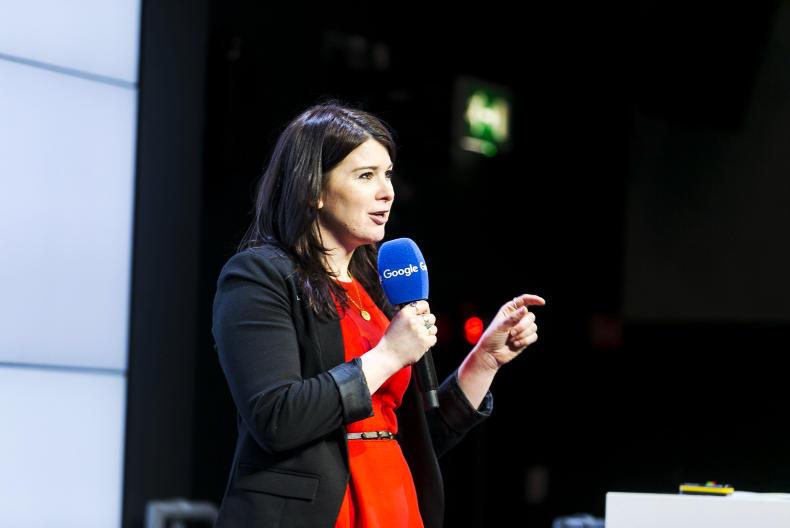
Marie Davis is the head of customer solutions at Google in Dublin. \ Alan Rowlette Photography
“It doesn’t matter if you are a farmer working on your own or if you are a much bigger food producer, you can basically come in and speak to somebody in a tech company and ask them anything from ‘How do I get online?’ to ‘I’ve been selling these dried meats to the UK, but I think there might be a market for them in the US’. You can literally ask any question and we can help you with that strategy.”
The free digital skills workshops will run in conjunction with Enterprise Ireland. There are talks on stage and one-to-one sessions for people to go to. Topics covered include everything from getting your business online to learning about how to start exporting. The workshops will also be talking people through how to make sure your customers can find you regardless of your location.
“Everyone benefits from helping businesses grow across Ireland. We’re also really passionate about digital skills training and making sure that the economy in Ireland is keeping up with what’s happening with digital skills across the world. As machine learning and things like this start to come in, we want to make sure that Irish businesses are on top of all of that, and that they have access to all of the most advanced information.”
Career
Marie studied English and history at UCC for her undergraduate degree. Then she did a master’s in international relations, before joining Google. Her advice to students is to know what you’re passionate about and study that.
“I ended up at Google when I heard about an advertisement for this company that was new and fresh and exciting. And actually just the values that it had about organising all of the world’s information and making it accessible was something that just really spoke to me. So I joined Google pretty soon after graduating from my master’s, and I’ve been here ever since in different roles within Google.”
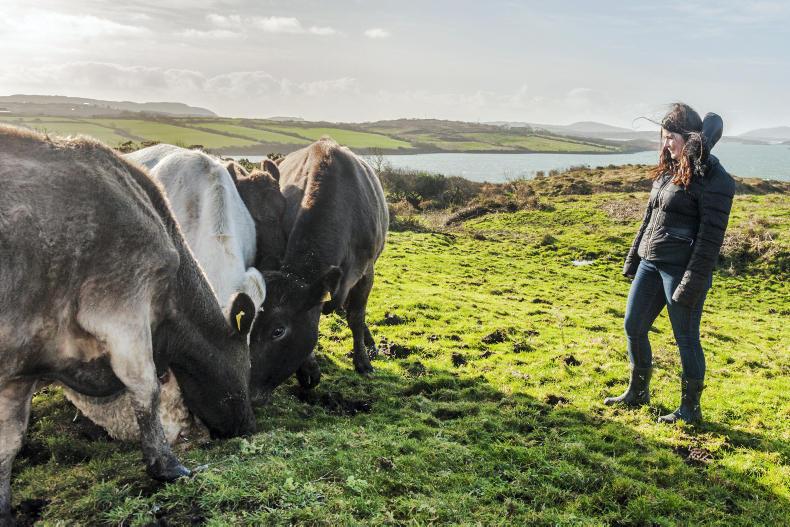
Marie Davis, Google employee, on her farm near Skibbereen.
As it is the European headquarters, Google’s office space in Dublin is very multicultural. But Marie says that there are quite a few people from farming backgrounds and rural Ireland working in Google
“I think it’s because when you grow up with such an entrepreneurial spirit, that everything is always changing, and no day is the same. That’s probably why you seek out companies that can, give you that adaptability and opportunities.
“The thing that I personally love about working in Google is actually that they really invest in their people for personal development and making sure that you’re always learning. Every single day, I can come home from work and say that I’ve learnt something new.”
With labour a challenge for Irish farming, Irish Country Living asks, what can agriculture learn from Google in terms of attracting people into the agricultural industry?
“Really, it’s about getting your message right and getting it out there. I think Irish farming has every opportunity right now to improve its image by using online tools, speaking to people about what farming is actually like.
“Technology has meant that farming is a really big community now. There are farming WhatsApp groups which have a real community aspect to it. It’s creative, it’s innovative, it’s entrepreneurial, and it’s got so much going for it. Hearing from farmers who have made careers in agriculture is very powerful.”
As Irish Country Living leaves the views from the 13th floor of Google behind, it’s surreal to think that the people in the cars, buildings and streets below are using Google apps like maps, analytics and search, as they go about their daily lives. CL
Marie’s tips for food
businesses to become tech savvy:
1 Look at search trends. Do customers want my product, what do they want to hear from me? 2 Talk to your customers about what they want to see for a website and make it as useful as possible for your customers. So is it information about you? Is it information about coming to buy the product directly from you? Is it about selling the product online?3 Putting your story on your website is really powerful. We’ve an amazing agriculture industry in Ireland with lots of family owned businesses. It’s really important to tell your story, letting people hear where you’ve come from and what you’re about and why you do what you do.4 Be ambitious, use the market finder tool and look at where there are opportunities. 5 Just take your first step online. Go to one of Google’s regional road shows, or ask another business who’s already online for help and advice. Search for ‘grow with Google’ to find out more about the regional roadshows on digital skills with Google.
Read more
CAO 2020: studying ag for a diverse career
A day in the life of: a hoof trimmer
Standing on the 13th floor of Google HQ, the view of Dublin city is rivalled only by that of the view from the Guinness tower. The floor-to-ceiling windows add to the drama of this office space that is not only home to approximately 3,000 staff, but also their assorted canine friends, otherwise known as Dooglers. The term stems from the word “Googler” which is used to describe a person who works at Google.
For Marie Davis, this is where she comes to work every day. The dairy farmer’s daughter from Skibbereen has worked for Google for the last 14 years. 
Growing up on a farm; standing in gaps, picking stones and feeding the hens were all second nature to Marie. But now she is bridging the gap between the tech giant in Dublin and the small- to medium-sized businesses across rural Ireland. Her job, as Google’s head of customer solutions for Ireland, is to help businesses harness the potential of the internet to reach new customers.
“One thing that I love about the food producers in Ireland is how well they’ve adapted to tech and they’re really using it to drive their business. It’s one of the greatest assets this country actually has,” says Marie. “I love that I can go onto the website for Brown Envelope Seeds in Skibbereen, I can find out what’s in season, order from them, and it’s going to be here with me in two days’ time. Or McNally Family Farm advertise where their shop and farmers markets are as well as their opening hours so that you know where and when to find them.”
While the European headquarters of Google may be based in Dublin, Marie believes that it’s important for rural businesses to be able to reap the benefits.
“I think is really important that it’s not just centralised. Over the course of the last two years, we’ve actually been running a regional programme. So we’ve been taking digital skills training on tour around Ireland.

Marie Davis is the head of customer solutions at Google in Dublin. \ Alan Rowlette Photography
“It doesn’t matter if you are a farmer working on your own or if you are a much bigger food producer, you can basically come in and speak to somebody in a tech company and ask them anything from ‘How do I get online?’ to ‘I’ve been selling these dried meats to the UK, but I think there might be a market for them in the US’. You can literally ask any question and we can help you with that strategy.”
The free digital skills workshops will run in conjunction with Enterprise Ireland. There are talks on stage and one-to-one sessions for people to go to. Topics covered include everything from getting your business online to learning about how to start exporting. The workshops will also be talking people through how to make sure your customers can find you regardless of your location.
“Everyone benefits from helping businesses grow across Ireland. We’re also really passionate about digital skills training and making sure that the economy in Ireland is keeping up with what’s happening with digital skills across the world. As machine learning and things like this start to come in, we want to make sure that Irish businesses are on top of all of that, and that they have access to all of the most advanced information.”
Career
Marie studied English and history at UCC for her undergraduate degree. Then she did a master’s in international relations, before joining Google. Her advice to students is to know what you’re passionate about and study that.
“I ended up at Google when I heard about an advertisement for this company that was new and fresh and exciting. And actually just the values that it had about organising all of the world’s information and making it accessible was something that just really spoke to me. So I joined Google pretty soon after graduating from my master’s, and I’ve been here ever since in different roles within Google.”

Marie Davis, Google employee, on her farm near Skibbereen.
As it is the European headquarters, Google’s office space in Dublin is very multicultural. But Marie says that there are quite a few people from farming backgrounds and rural Ireland working in Google
“I think it’s because when you grow up with such an entrepreneurial spirit, that everything is always changing, and no day is the same. That’s probably why you seek out companies that can, give you that adaptability and opportunities.
“The thing that I personally love about working in Google is actually that they really invest in their people for personal development and making sure that you’re always learning. Every single day, I can come home from work and say that I’ve learnt something new.”
With labour a challenge for Irish farming, Irish Country Living asks, what can agriculture learn from Google in terms of attracting people into the agricultural industry?
“Really, it’s about getting your message right and getting it out there. I think Irish farming has every opportunity right now to improve its image by using online tools, speaking to people about what farming is actually like.
“Technology has meant that farming is a really big community now. There are farming WhatsApp groups which have a real community aspect to it. It’s creative, it’s innovative, it’s entrepreneurial, and it’s got so much going for it. Hearing from farmers who have made careers in agriculture is very powerful.”
As Irish Country Living leaves the views from the 13th floor of Google behind, it’s surreal to think that the people in the cars, buildings and streets below are using Google apps like maps, analytics and search, as they go about their daily lives. CL
Marie’s tips for food
businesses to become tech savvy:
1 Look at search trends. Do customers want my product, what do they want to hear from me? 2 Talk to your customers about what they want to see for a website and make it as useful as possible for your customers. So is it information about you? Is it information about coming to buy the product directly from you? Is it about selling the product online?3 Putting your story on your website is really powerful. We’ve an amazing agriculture industry in Ireland with lots of family owned businesses. It’s really important to tell your story, letting people hear where you’ve come from and what you’re about and why you do what you do.4 Be ambitious, use the market finder tool and look at where there are opportunities. 5 Just take your first step online. Go to one of Google’s regional road shows, or ask another business who’s already online for help and advice. Search for ‘grow with Google’ to find out more about the regional roadshows on digital skills with Google.
Read more
CAO 2020: studying ag for a diverse career
A day in the life of: a hoof trimmer






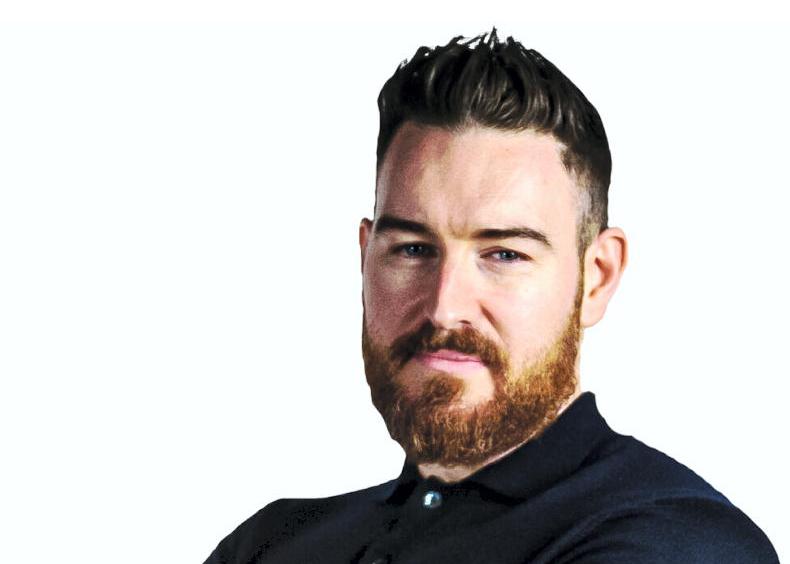

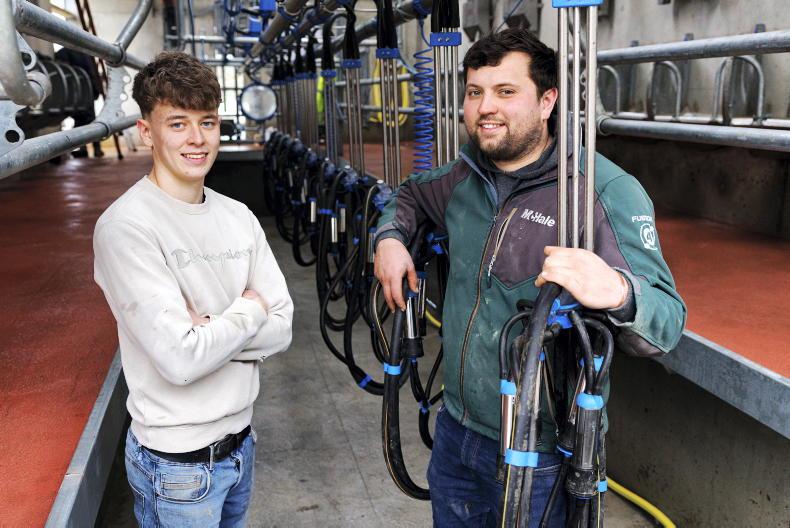
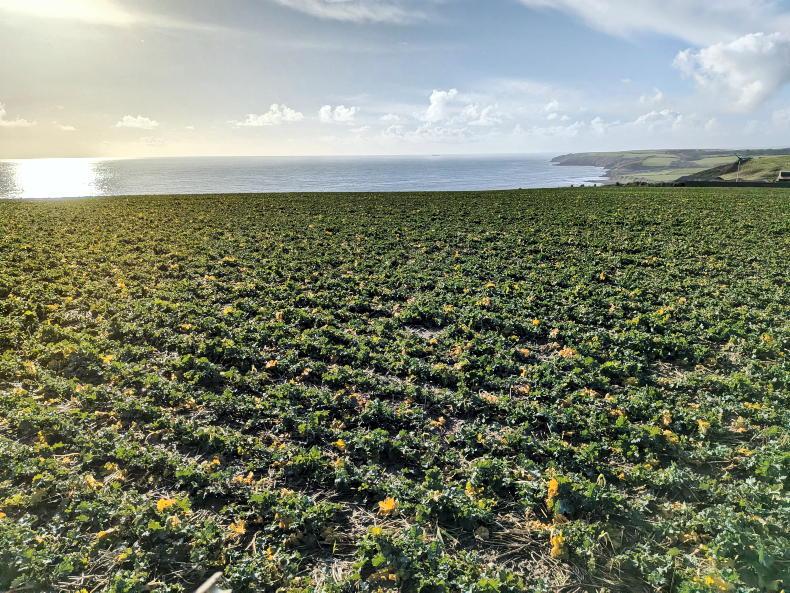
SHARING OPTIONS